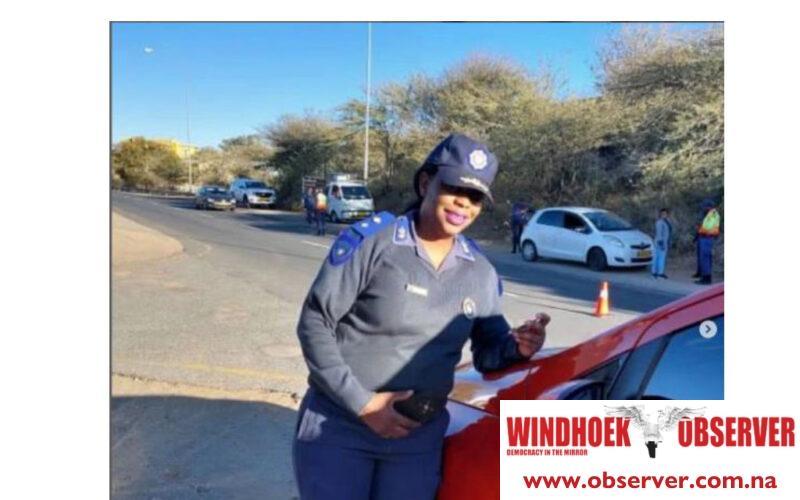Erasmus Shalihaxwe
Marcelline Murapo, spokesperson of the Windhoek City Police said they have noted with serious concern the increasing number of unauthorised public transport operations within the city recently.
In a statement issued over the weekend, Murapo announced that their investigations have revealed that numerous operators are transporting passengers without proper authorisation, including shuttles to the airport and those registered through digital applications around the capital city.
She said the City of Windhoek, which regulates public transportation, urges all public motor vehicle owners transporting passengers for reward to obtain transportation permits and register with city police to obtain the necessary authorisation.
According to Regulation 94 (1)(a) of the Municipality of Windhoek Street and Traffic Regulations, as promulgated by Government Notice No. 9 of 1930: “No motor vehicle shall ply for hire or reward, and no person shall permit, cause, or allow any motor vehicle to be used to ply for hire or reward within the Municipal Area of Windhoek unless such motor vehicle has been duly registered by the Council.”
“Any person who, using any vehicle, conveys any passengers or goods, or both, shall be presumed to convey such passengers or goods for hire or reward, and such vehicle shall be presumed to be a public vehicle unless in either case the contrary is proved,” said Murapo.
She added that the city currently has over 5 000 registered public taxis due to the ease and affordability of registration.
To register a public motor vehicle, one must have a transportation permit indicating its operational area, as per Section 31 (1) (a) of the Road Transportation Act 1977, (Act 74 of 1977).
“According to Regulation 284 of the Road Traffic and Transport Regulations, published under Government Notice 53 of 2001, an operator must be identified and registered if they convey passengers for reward. Additionally, Regulation 127(1)(b) states that a driver may not convey passengers for reward unless their driving license is endorsed with a professional authorisation (PA),” explained Murapo.
She further added that once all requirements are met, vehicles undergo thorough inspections by authorised officers to determine their roadworthiness.
Upon passing inspection, a registration certificate (blue paper) is issued to the operator.
This certificate authorises a taxi to operate within the city, as regulated by Regulation 94, and the cost of obtaining this document is also N$60.00 and is renewable every six (6) months.
“To avoid a fine of N$1,000 or their operations being grounded, public motor vehicle owners or drivers are strongly urged to follow the outlined registration process. For more information, potential operators can visit the Windhoek City Police offices,” she said.




